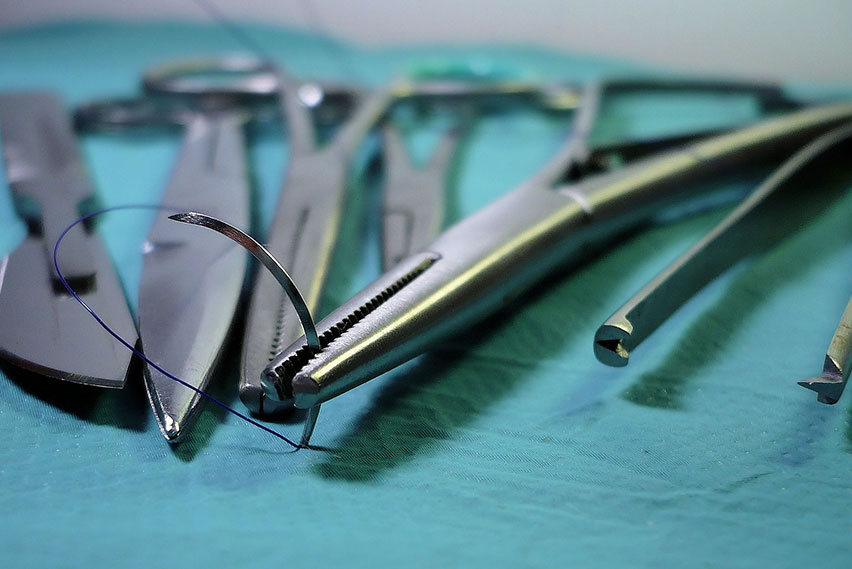Non-Invasive Gastric Balloons
A gastric balloon, also called a stomach or intragastric balloon is a temporary and removable device placed in your stomach through endoscopy. The balloon could remain inside your stomach for up to twelve months. People with a BMI of over thirty are eligible for a gastric balloon procedure. To see if you qualify and obtain an instant quote online from a New Zealand specialist then click here.
Endoscopically planted gastric balloons help people to lose weight as they take up space in the stomach, thereby lowering your food intake. Compared to gastric banding, gastric balloons do not require surgery, therefore considerably reducing the risks related to surgical procedures.
A gastric balloon is usually done as an outpatient procedure, and that means the process will be quick, often followed by a brief recovery period. This ensures patients can resume their routine activities very soon. Gastric balloons are much more economical compared to other surgical weight loss procedures like gastric banding.
Patients using gastric balloons can lose up to 30% of their starting weight in about three months. Significant weight loss can commonly help alleviate any obesity-related issues such as high blood pressure, sleep apnea, stroke, arthritis and Type-2 diabetes. Another great benefit of a gastric balloon is you will not need to rely on daily nutritional supplements.
Non Reversible Gastric Surgery
On the other hand, surgical procedures such as gastric banding increase the risk of suicide and depression in patients. One reason is that these procedures are not reversible like gastric balloons. Although weight-loss surgery can help individuals with morbid obesity lose weight, it has serious risks. People who undergo weight-loss surgery and also suffer from a serious mental illness may be more prone to post-surgical depression and other significant consequences.
Research Findings Linking Gastric Surgery to Depression and Suicide
These individuals were almost fifty percent more likely to commit suicide after shedding plenty of weight, while nearly nine out of ten suicide attempts involved people who had a history of psychological or mental health issues, as revealed by a Canadian research study.
Depression after gastric banding might occur due to several reasons. Many patients who experience depression prior to their surgery find that the procedure itself doesn’t relieve it; while many others often become depressed after the surgery because of the dramatic changes that arise from and are needed after the weight loss procedure.
New Zealand is among the most obese nations on the planet. A certain percentage of the overweight population is classified as morbidly obese. This condition is defined as a BMI that is 40 or above, or a BMI of more than 35 if it is linked with any serious health issued related to obesity. Patients with morbid obesity often have some type of mental health problem. Previous research has revealed that many candidates for gastric banding run a suicide risk that is almost four times higher than the general population.
To determine how weight-loss surgery like gastric banding may affect the risk of suicide, researchers at the Sunnybrook Institute in Canada tracked over 8,800 patients for three years both before and after the procedure. A total of 111 patients out of the group reported nearly 160 self-harm emergencies in the follow-up period. A majority of suicide attempts usually occurred during the second and third year following the gastric surgery. If you want to see if a Gastric Balloon is right for you then take the online assessment now. The report is displayed instantly.
Recent Posts
- Looking at the Spatz3 and Allurion balloons – both have unique qualities and advantages.
- The issue of Obesity in New Zealand: An Inquiry into Medical Interventions and their Sustained Impacts.
- Gastric Sleeve Vs Gastric Balloon What’s the best option?
- Should I use medical intervention for Weight Loss?
- Sarah’s Gastric Balloon Journey
- Non-Invasive Gastric Balloons
- Why is it Hard to Lose Weight?
- Why Diets Do Not Work

